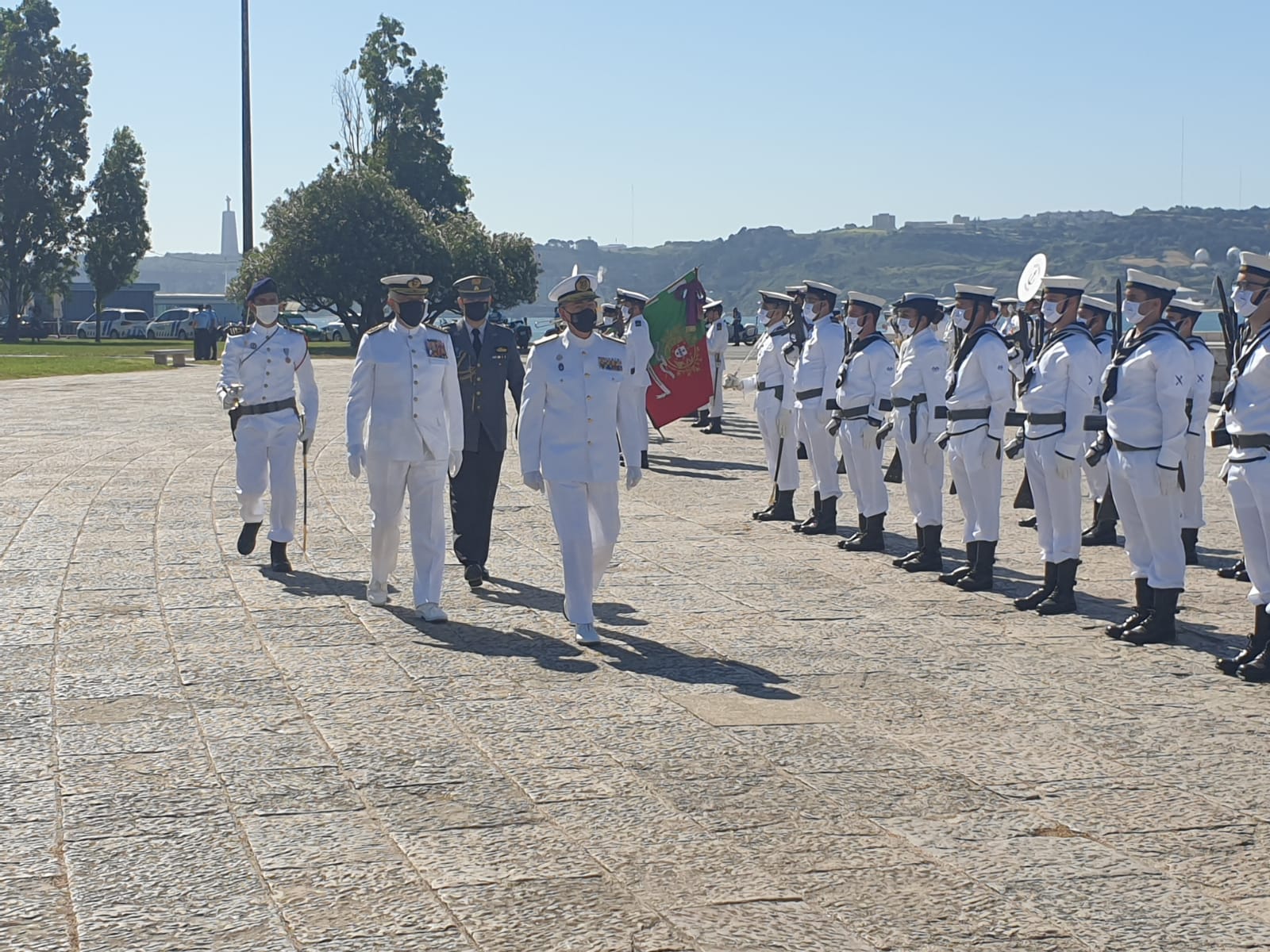
SPAIN AND PORTUGAL'S SECURITY AND DEFENCE TIES: A SUCCESS STORY
The current relationship between Spain and Portugal is undoubtedly one of the best in history. The strength of the historical, cultural, social and economic ties between our countries is also a reality in the area of security and defence, which translates into a bilateral relationship that is essential for both in the face of new challenges and threats.
The current geostrategic scenario is much more complex and unpredictable than it was a few years ago; it is global in nature and encompasses different spheres, from the traditional physical to the virtual and cognitive. The new threats are hybrid, intermingling state and non-state actors with terrorist attacks, cyber attacks and disinformation activities.
This new scenario, common to the countries around us, requires a multinational and coordinated approach with our partners and allies, with whom we share the traditional values of our society.
To this end, both Portugal and Spain have adopted a position based mainly on multilateralism, where both nations collaborate in global security and stability within international organisations: the United Nations, the European Union and NATO.
Currently, Portugal and Spain, together with other partners and allies, participate jointly in Operation Atalanta, in its fight against piracy along the coasts of Somalia, in the European Union training missions in Mali and the Central African Republic, in the European Coordinated Maritime Presences project in the Gulf of Guinea and, recently, we have completed our coordinated participation in the NATO Resolute Support Mission in Afghanistan.
These missions abroad are a firm commitment by both countries to international security and stability, but also to national security, since it is no longer possible to distinguish between external and internal security. Today, security is global and begins with stabilising those places that have lost security, whether due to international terrorism or as a consequence of failed states, poverty or war.
For both countries, the Atlantic, Africa and the Mediterranean are our priorities and our greatest challenge, as our own and Europe's stability and prosperity depend on them. We must continue to participate actively in all cooperation projects related to these regions, such as the 5+5 Initiative or in the various dialogue and cooperation forums of NATO, the OSCE, the Council of Europe or the OECD.
Bilaterally, Portugal and Spain have been building a magnificent and long-standing strategic-military relationship. As proof of this, this year marks the 65th anniversary of the annual 'Peninsular Staff' meetings, which have been the main driving force behind Spanish-Portuguese military cooperation.
On the other hand, in industrial matters, we are on the way to strengthening cooperation and synergies through a joint commitment, within the Spanish and Portuguese defence industry, to small and medium-sized enterprises, with the aim of giving them a relevant role in the field of common defence programmes, such as those of the EU's Permanent Structured Cooperation (PESCO).
Spain and Portugal, together with other European partners, participate in PESCO projects, such as those related to improving command and control capabilities in European Union Defence and Security Policy missions, the one focused on enhancing European military mobility or the one designed to strengthen European port surveillance and security capabilities.
All these efforts and initiatives, shared by both nations, result in greater strength and influence in the international context than the sum of both separately.
Therefore, bilaterally and multilaterally, we must continue on this path, strengthening our already magnificent security and defence relations, which are, and I am sure will continue to be, a success story.
ESP CHOD
Admiral General
Teodoro E. López Calderón
Fotos

Article in Portuguese
Original article from the Portuguese newspaper 'Noticias'PDF - 1362.67 KB

